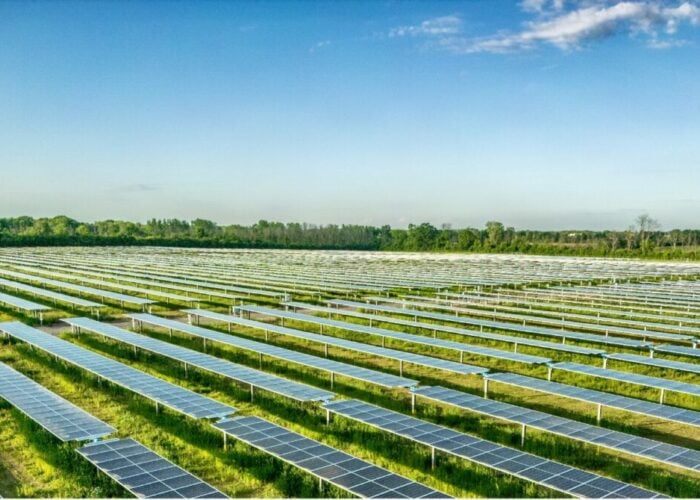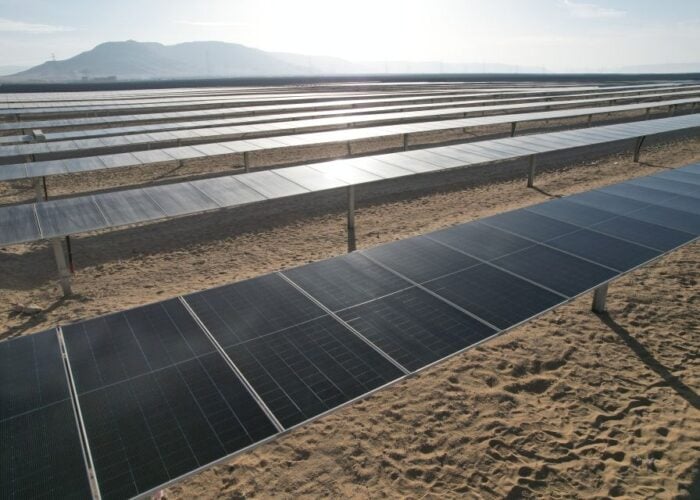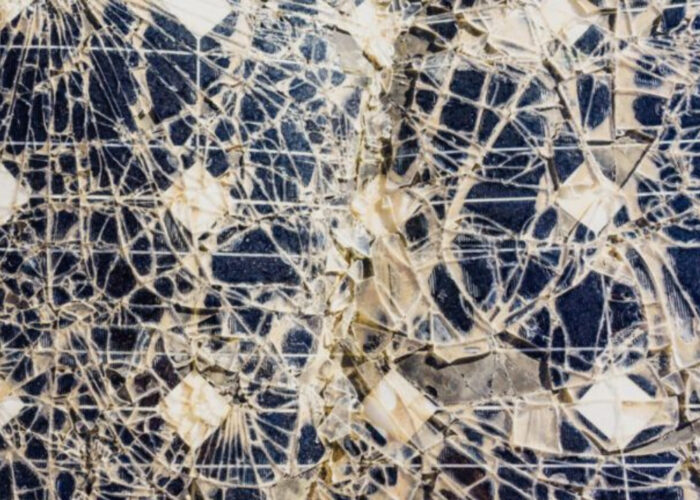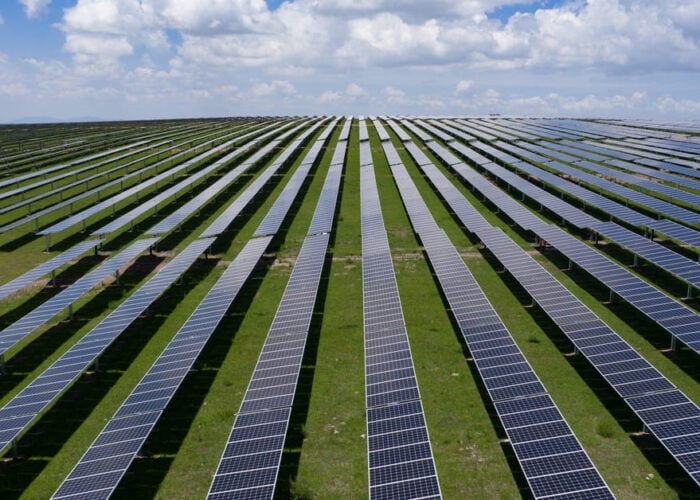European module supplier, REC announced today its modules have passed new performance tests.
Showcasing its potential-induced degradation (PID) free ‘TwinPeak Series’ and ‘Peak Energy Series’ panels, in booth 357 at this year’s Solar Power Internationl (SPI) exhibition held in Las Vegas, 21-23 October, REC’s panels have passed testing by the Solar Research Institute of Singapore (SERIS).
Try Premium for just $1
- Full premium access for the first month at only $1
- Converts to an annual rate after 30 days unless cancelled
- Cancel anytime during the trial period
Premium Benefits
- Expert industry analysis and interviews
- Digital access to PV Tech Power journal
- Exclusive event discounts
Or get the full Premium subscription right away
Or continue reading this article for free
The modules were tested for 96 hours at 60 degrees Celsius, 85% humidity; the REC panels passed, with performance unaffected by all tests.
Panels are manufactured at REC’s facility in Singapore, with REC claiming its test results were down to design, materials and internal processes and testing.
PID free means performance inhibiting effects on solar panels, which can in some cases be detrimental to the project’s overall profitability, is caused from factors such as high voltage and harsh climates.
The REC panels were selected at random from current systems to test panels from various climate conditions. REC panels performed best under light-induced degradation.
Panels were tested by SERIS in line with specifications set by the US National Renewable Energy Laboratory (NREL).
The test results from SERIS, “as well as real-world field data” is confirmation that “each and every one of our panels is 100 % PID-free in all climate conditions,” said Cemil Seber, director of product marketing and global expansion, REC.






